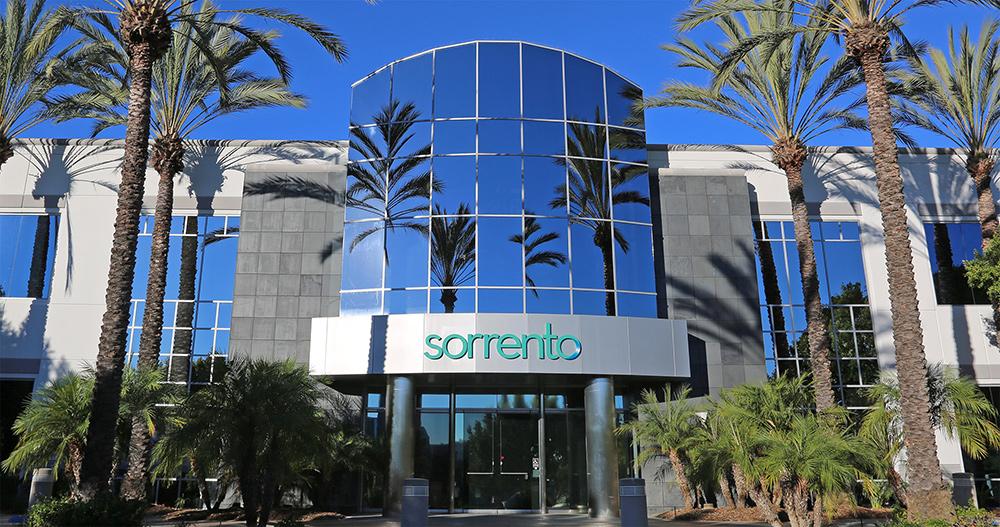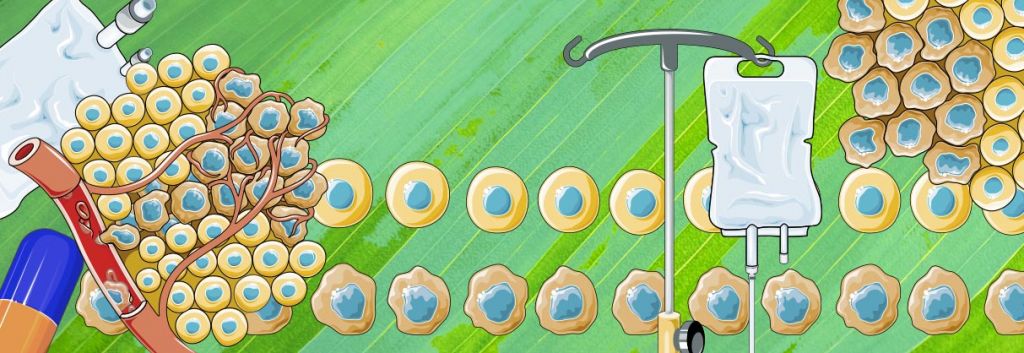Newsletter Signup - Under Article / In Page
"*" indicates required fields
San Diego’s Sorrento Therapeutics has bagged a quarter-billion euro deal with Servier. The French Pharma giant will develop Sorrento’s PD-1 targeting platform – a key checkpoint inhibitor in Immuno-Oncology.
 Sorrento’s proprietary G-MAB library platform was used to identify and generate STI-A1110, an antibody which targets PD-1, one of the key targets in the rapidly developing immuno-oncology therapy market.
Sorrento’s proprietary G-MAB library platform was used to identify and generate STI-A1110, an antibody which targets PD-1, one of the key targets in the rapidly developing immuno-oncology therapy market.
In-depth analysis of deep sequencing DNA data showed that the G-MAB library contains more than 10 quadrillion (1016) distinct antibody sequences, which Sorrento claims makes it one of the largest fully human antibody libraries in the industry.
The antibody specialist may therefore receive up to €710 million in various payments, with a non-refundable €25M also being offered as an upfront fee.

The idea is to combine Sorrento’s drug with several other of Servier’s portfolio drugs to target hematological and solid tumor cancers, a popular strategy in Immuno-Oncology. In exchange, Servier will obtain worldwide exclusive rights to commercialise and market the resulting therapy.
Servier is incredibly dominant in the cell and immunotherapy field in Oncology, with other key relationships including the Universal CAR-T pioneers, Cellectis. Servier is headquartered in France and run by the elite Servier family, and just last year the non-listed company turned over €3.5 billion and employs over 21,000 employees worldwide.
Its commitment to the PD-1 and PD-L1 approach in Immuno-Oncology therefore affirms its front against Cancer, in which it is investing fully. Given CAR-T related CD19 therapy field has had a tough time the last couple of weeks, Servier’s move here could be looking to balance out its assets in the Cancer field.
It is not yet clear whether Sorrento shareholders agree, but market stocks has been more than a bit underwhelming so far. This is interesting, given that just last month Sorrento also announced a CAR-T joint venture in China, targeting carcinoembryonic antigen (CEA) positive cancers (breast, lung, stomach, ovary and pancreatic types).
Feature Image Credit: Remix by Labiotech (Source: Graphic vectors by Servier / Background from Pixabay).
Oncology R&D trends and breakthrough innovations







